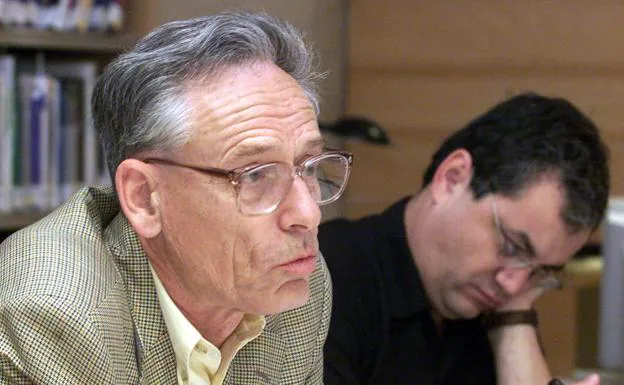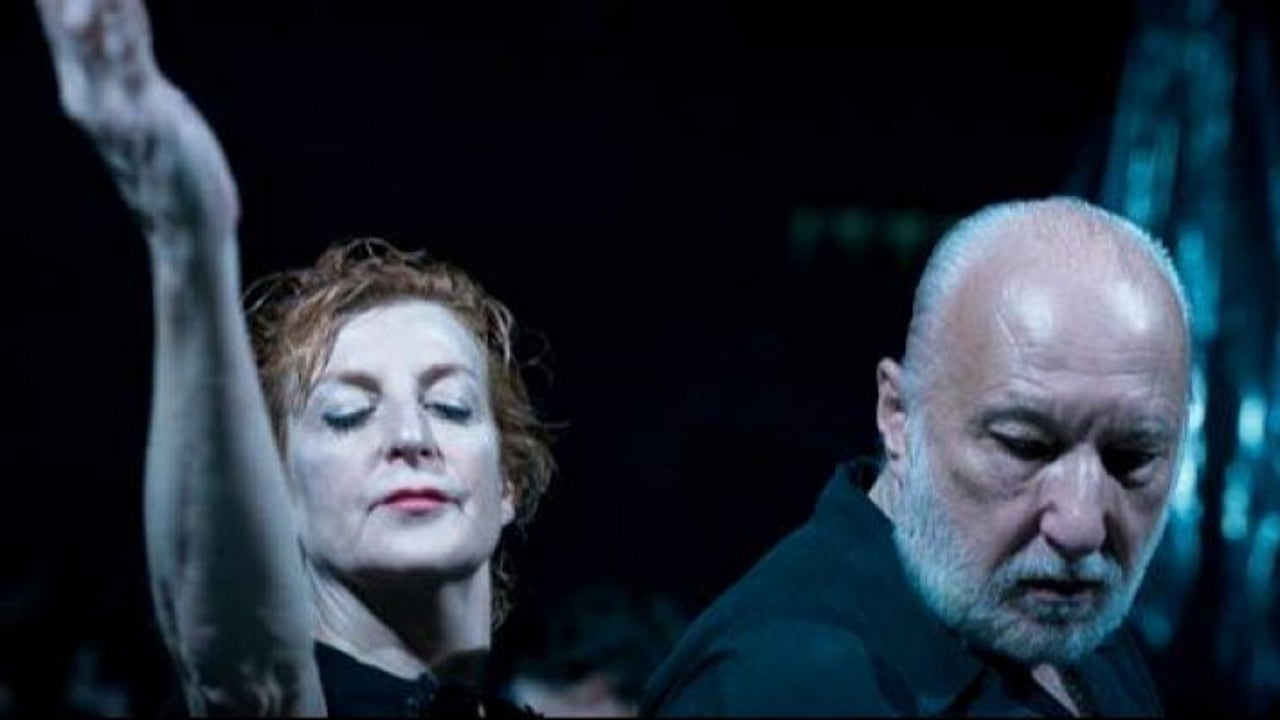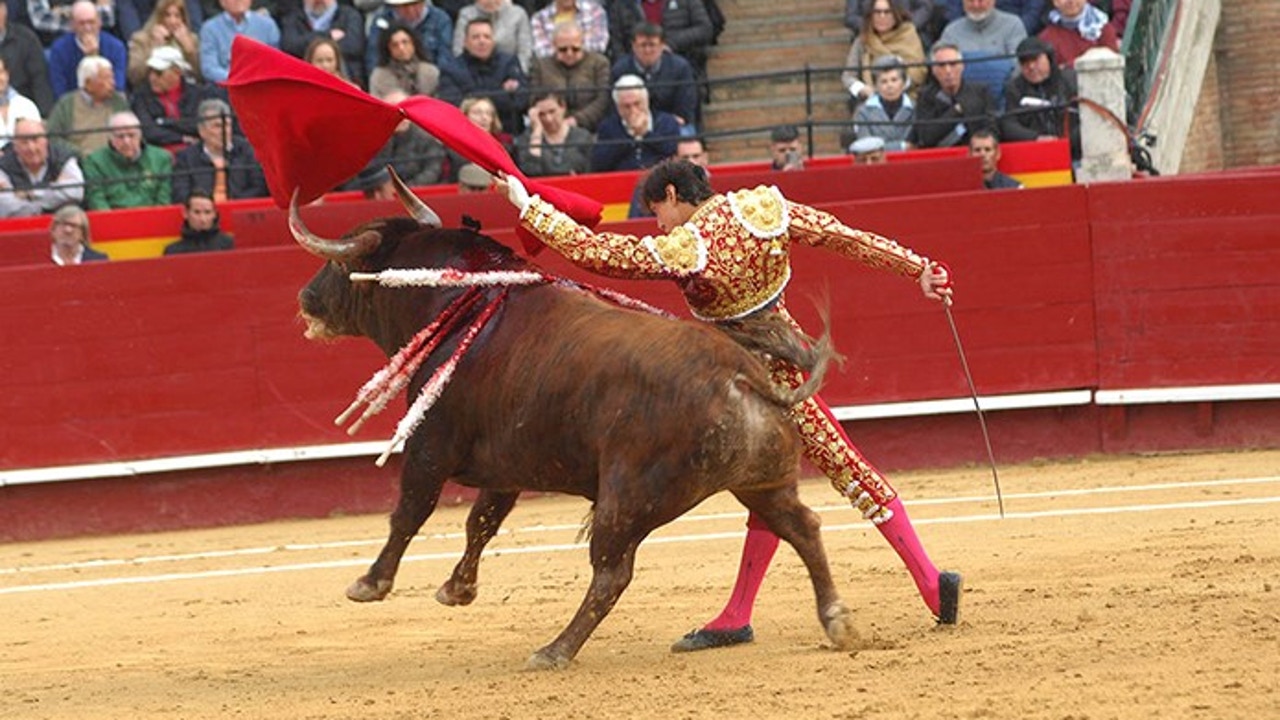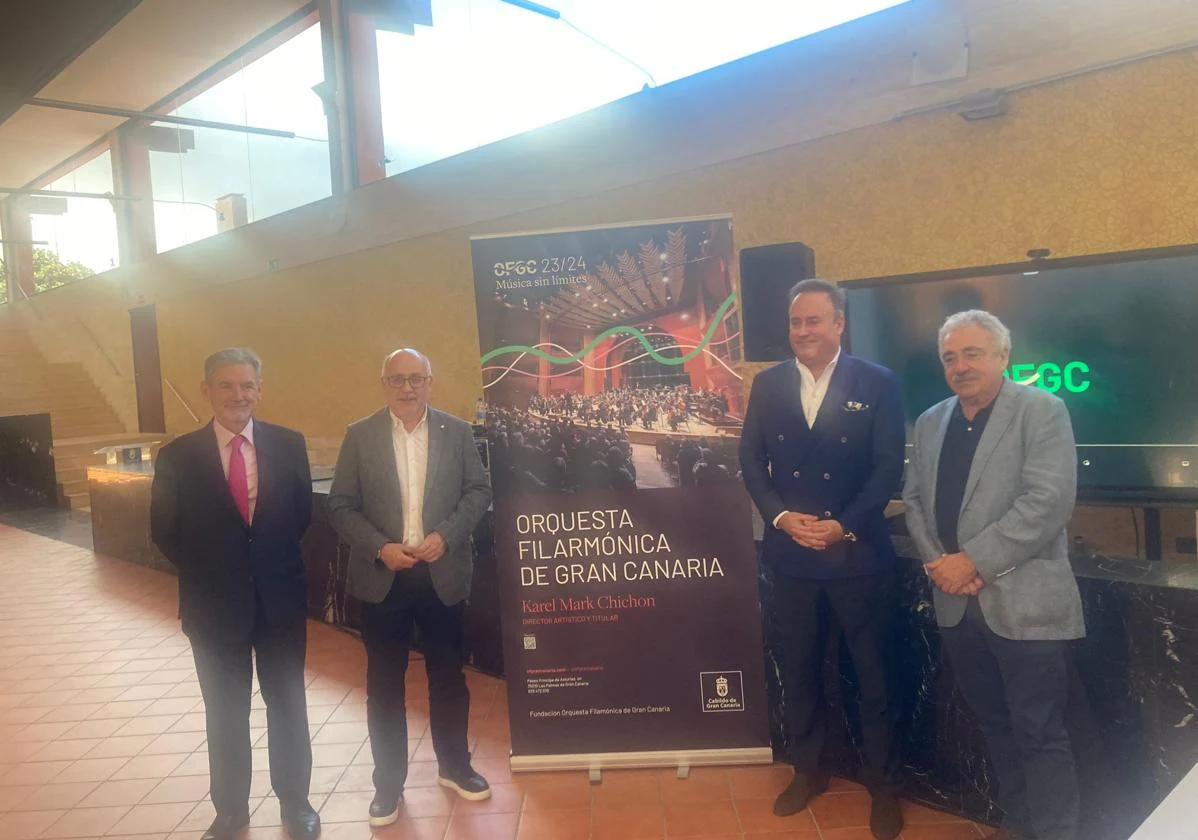John H. Elliott, teacher of Hispanists, dies at 91

John H. Elliott. /
Princess of Asturias Award, the British author dedicated his latest book to the Catalan separatist process
Known as the master of the Hispanists, the British John H. Elliott died this Thursday in Oxford (United Kingdom) at the age of 91, due to pneumonia, according to his relatives. Author of works such as 'Imperial Spain' (1998), 'Richelieu y Olivares' (2002), 'Empires of the Atlantic world: Spain and Great Britain in America, 1492-1830' (2011) and, most recently, 'Catalans and Scots. Union and discord '(2018), among another ten treatises, he received the Prince of Asturias Award for Social Sciences in 1996, and was recognized with the' doctor honoris causa 'by the Complutense, Carlos III of Madrid and University of Seville universities .
Doctor in History at the University of Cambridge, he was a professor at King's College London, and from 1973 at the Institute for Advanced Study, where he investigated Spanish history, especially that of figures such as the Count-Duke of Olivares (s. XVII) and the time of the Habsburgs, through comparative history, taking the learning of the past to confront it with the Spanish present, although, he indicated, avoiding «presentism». His influence in the British academic sphere was so high that there was even talk of the "Anglo-Saxon school of Spanish historical studies" or simply the "Elliott school".
A frequent visitor to Spain, and especially to the Prado Museum, of which he was a patron, Elliott used to participate in talks at the Cervantes Institute and at Casa de América, for example, where he exposed historical knowledge and personal opinions about a country he stepped on for first time when I was studying at university. In his interviews, he insisted that his method consisted of developing "empathy" for the people he studied, seeing that previous world from the skin of his character, even more so when he tried to understand a time of "decadence". » imperial. The historian's obligation, he said, was "to explain and reconcile past and present."
His latest research focuses on the Catalan process and feeling, whose separatist history he considered to be based, to a certain extent, on "mythifications", as he stated in his latest book. Although sympathetic to the Catalan claim that their "difference" within Spain be recognized, he criticized the role of politicians in the tension generated in recent years, from the "manipulation of history", by the events of 1714. In An interview with the magazine 'Convivio' said: «I was learning Catalan with a family; I had sympathy for that nationality suffocated by the regime, and every day I felt more Catalan. At the same time, faced with the documentation from the 17th century on the Catalan rebellion, I saw that its traditional history was mythological, romantic and that it did not match the documents. At that moment I began to understand the strength of nationalism. He also came out in defense of King Juan Carlos and said "sadden" with the attitude of "nostalgic", "ignorant" and "without memory" generations of Francoism and the Transition.
An anecdote told by his students Richard Kagan and Geofrey Parker maintains that in his active years at Trinity College he had six students who wanted to do his doctoral thesis with him at the same time. Faced with the demand, he organized a seminar, to which "he invited every Hispanist he found around there" and to which each of the students had to present a report about the thesis he wanted to do. He also put them in contact with other academics with different methodologies. Thus, each one wrote "the type of story to which he personally felt attracted", as happened to him when he chose Spain. He only insisted that "good history" required "a clear and simple style, a broad framework and, most important of all, a bold theme", they recall in the book 'Spain, Europe and the Atlantic world. Tribute to John H. Elliott» (2002).
Elliott died at John Ratcliffe Hospital in Oxford, also suffering from kidney complications and rapid physical deterioration. His relatives assure that he kept his lucidity until the end.













